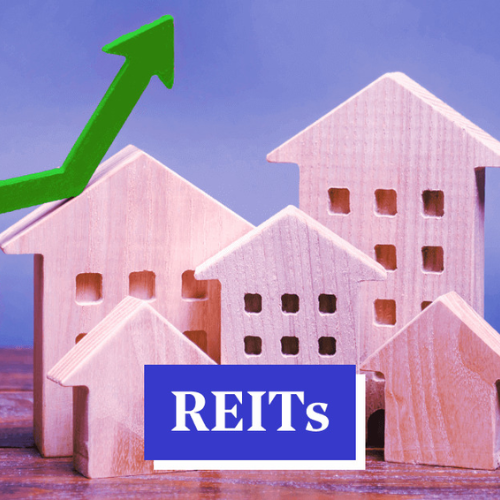


Types of Real Estate Investment

Residential Real Estate
- Single-Family Homes: Buying a house or a small apartment for personal use or as a rental property.
- Multi-Family Homes: Duplexes, triplexes, and apartment buildings. These provide multiple rental units and can generate steady rental income.
- Vacation Homes: Properties purchased in desirable locations that can be rented out on a short-term basis .

Commercial Real Estate
- Office Buildings: Properties leased to businesses for office space.
- Retail Properties: Shopping centers, malls, and stand-alone stores leased to retail businesses.
- Industrial Properties: Warehouses, distribution centers, or manufacturing facilities.

Real Estate Investment Trusts (REITs)
- Public REITs: Companies that own and manage portfolios of income-producing real estate traded on public stock exchanges.
- Private REITs: Typically available to institutional investors or accredited investors, focusing on higher-value properties.

Raw Land
- Vacant Land: Purchasing land for future development, farming, or long-term speculation. Can appreciate over time, especially in growing areas.
Benefits of Real Estate Investment

Steady Income Stream
- Rental Income: Investing in rental properties, whether residential or commercial provides a regular income stream in the form of monthly rent payments. This can be a reliable source of cash flow, especially in areas with high demand for rentals.
- Tax Benefits: Rental income is often taxed at a lower rate than regular income, and expenses such as property maintenance, repairs, and depreciation can be deducted from taxable income.

Capital Appreciation
- Value Increase: Real estate tends to appreciate over time, especially in prime locations. This means that the value of your property may increase, allowing you to sell it for a profit in the future.
- Inflation Hedge: Real estate is often seen as a good hedge against inflation because property values and rents tend to rise when inflation occurs, preserving purchasing power.

Tax Advantages
- Depreciation: Real estate owners can depreciate the value of the property over time for tax purposes, reducing taxable income.
- Deductions: Property owners can deduct expenses related to property management, maintenance, mortgage interest, and insurance, further reducing tax liability.
- 1031 Exchange: In some countries (like the U.S.), investors can defer capital gains taxes on the sale of one property by reinvesting the proceeds into a new property of equal or greater value through a 1031 Exchange.

Diversification
- Risk Mitigation: Real estate provides diversification in a portfolio of stocks and bonds, which can help balance risk. Real estate’s performance is often less correlated with the stock market, providing stability when stocks are volatile.

Tangible Asset
- Security: Real estate is a tangible, physical asset, unlike stocks or bonds. This can provide investors with a sense of security, especially in uncertain markets, as the asset itself has inherent value.

Leverage
- Using Debt to Increase Returns: Real estate allows you to leverage debt, meaning you can borrow money (via mortgages) to finance your property purchase. This amplifies potential returns because you’re controlling a larger asset with less personal capital.

Control and Flexibility
- Management Control: Investors in real estate have the ability to actively manage their property (or hire property managers), unlike stocks or bonds, where you have limited control over company decisions.
- Flexibility in Use: Real estate investments can be repurposed, renovated, or redeveloped to enhance their value, depending on market trends and opportunities.


